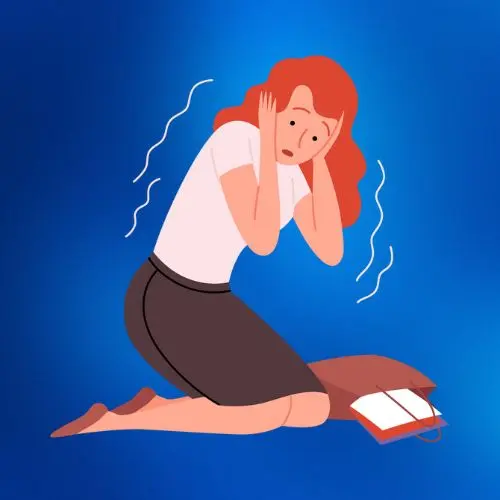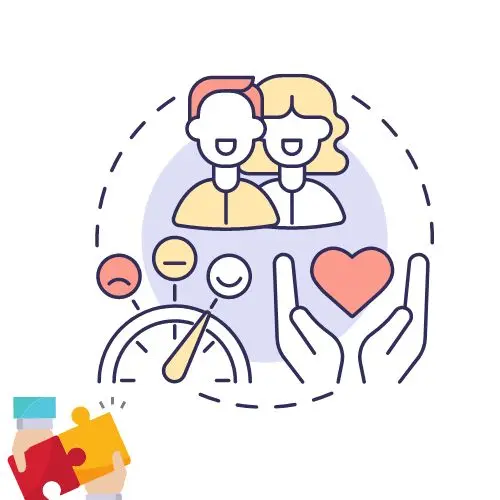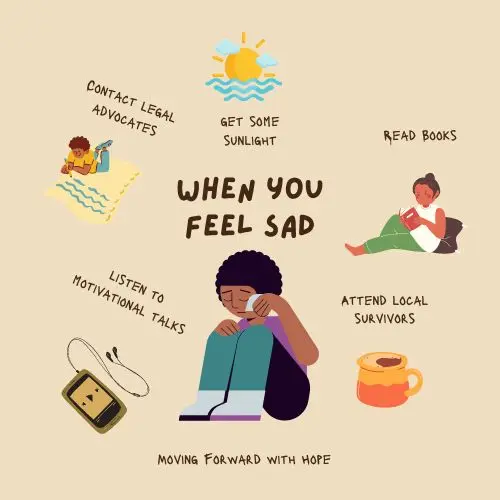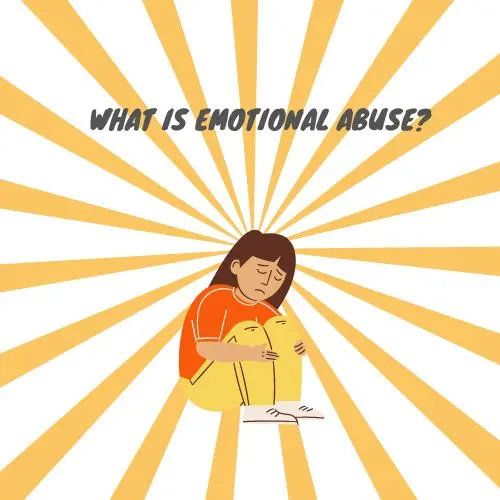Understanding Emotional Abuse
Throughout life, we will all face hardships and challenges that test our resilience. However, enduring emotional abuse cuts especially deep as the scars are often invisible yet profoundly shape who we are. This article aims to bring clarity and compassion to such a sensitive topic. By understanding tactics of control, recognizing signs, and seeking help, hope emerges even from our darkest struggles.
Emotional Abuse Facts and Statistics
- Emotional abuse from a partner occurs in 80% of women and 35.6% of men at some point in their lives.
Repetition of such psychological maltreatment leads to higher risks for depression, anxiety, PTSD, and chronic illnesses such as physical assault. - On average, survivors of domestic violence try 7 times before they leave an unhealthy situation entirely; the last one is also the longest and most challenging stage.
- Exposure to parents’ emotional domestic abuse during childhood is associated with later-life mental health issues, relationship problems, and academic difficulties.
- Only thirty-four percent of persons experiencing emotional abuse inside relationships recognize it as abuse due to manipulative tactics by abusers that create self-doubt.
What is Emotional Abuse?
To overcome hardship, it is crucial to first focus on its downsides. Emotional abuse is commonly defined as deliberate actions intended to diminish a person’s self-esteem, sense of security, and trust over time through isolation, intimidation, and control as opposed to physical violence.
Some of the strategies that emotional abusers use are endless criticism, ridicule in public, verbal aggression, stonewalling/silent treatments, financial restrictions, blaming the victim or threatening/destroying property, and erratic behavior aimed at dominating through fear. Though its effects may be covert, this type of aggression aims at slowly eroding the confidence and independence of a victim through psychological torture.
Recognizing Abuse is the First Step

Unfortunately, abusive tactics aim to foster self-doubt that prevents recognizing mistreatment. However, friends and family may observe potential signs like:
- Feeling like continuously walking on eggshells to avoid angering the abuser
- Constant self-blame and drained emotional state after interactions
- Withdrawal from social ties encouraged by the abuser over time
- Anxiety and difficulty trusting others due to relationship trauma
- Apologizing excessively for things outside personal control
While no two experiences are identical, trust inner intuition – help exists for anyone enduring disrespect that violates personal dignity and safety. The first brave step is naming abusive dynamics rather than suffering alone or in silence.
Impacts on Well-Being
Long-term exposure to emotional abuse rewires healthy perceptions, compounding challenges:
- Depression from constant invalidation of inherent worth
- Anxiety when past triggers elicit flashbacks or hypervigilance
- Low self-esteem after abusers deliberately chip away at confidence
- Difficulty cultivating secure relationships post-abuse
- Physical health risks from chronic stress-related conditions
- Substance abuse is sometimes used in vain attempts to self-medicate emotional pain
Victims can regain control and heal from even the deepest wounds with supportive care. Our inner strength far exceeds any power another person may wield through manipulation – their actions say more about them than you.
Developing Safety

Where physical safety is threatened, contacting emergency services must take priority. For emotionally abusive relationships, some key short-term safety planning steps include:
- Quietly gather essential documents, opening a separate bank account.
- Save records of abusive incidents discreetly, like journals and photos of injuries.
- Create an emergency bag with necessities and plan safe places to stay temporarily.
- Inform trusted contacts but avoid confrontation with the abuser.
- Remind neighbors not to disclose their whereabouts due to safety concerns.
Staying with or leaving an abusive partner involves complex risks – seek expert guidance tailored to each person’s unique situation from local abuse organizations. Their compassionate support helps many transition safely into new beginnings.
Moving Forward with Hope

Leaving abuse requires immense courage, yet help always remains close at hand. Some empowering next steps involve:
- Speak to counsellors trained to help process trauma using evidence-based therapies.
- Attend local survivors’ support groups, providing mutual understanding.
- Contact legal advocates if filing reports or applying for protection orders.
- Reach out to charities assisting with temporary housing or job training.
- Surround yourself with caring people who appreciate your inherent worth.
With time and support, emotional scars gradually fade as resilience grows in their place. Each new day of practising self-care and setting boundaries leads farther from past torment toward a future filled with healthy, fulfilling relationships. You have so much wonderfulness still ahead – the bravest choices honor your humanity above all else.
In Closing
Our society progressively recognizes no one deserves cruelty that degrades basic dignity. Light emerges from our darkest nights by understanding control dynamics, seeking help, and surrounding yourself with compassion. Though scars take time to fade, each new dawn awakens us to new strengths within. Help is available for anyone currently suffering in silence. You don’t need to walk alone any longer.
In this article, I have focused on bringing greater clarity, empathy, and empowerment to issues surrounding emotional abuse, its impacts, safety planning, and paths toward healing. Most importantly, for anyone experiencing relationship disrespect, support exists to help reclaim independence and self-worth and guide you toward new beginnings filled with fulfilling connections. Your inherent worth far exceeds any power another’s actions may try to impose through manipulation or violence. With courage and community, brighter days lie ahead.


2 thoughts on “What is Emotional Abuse? And Its Impact on Well-Being”